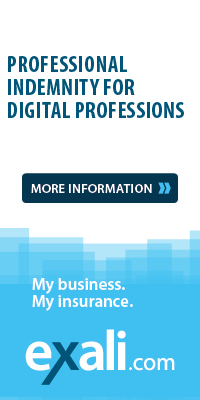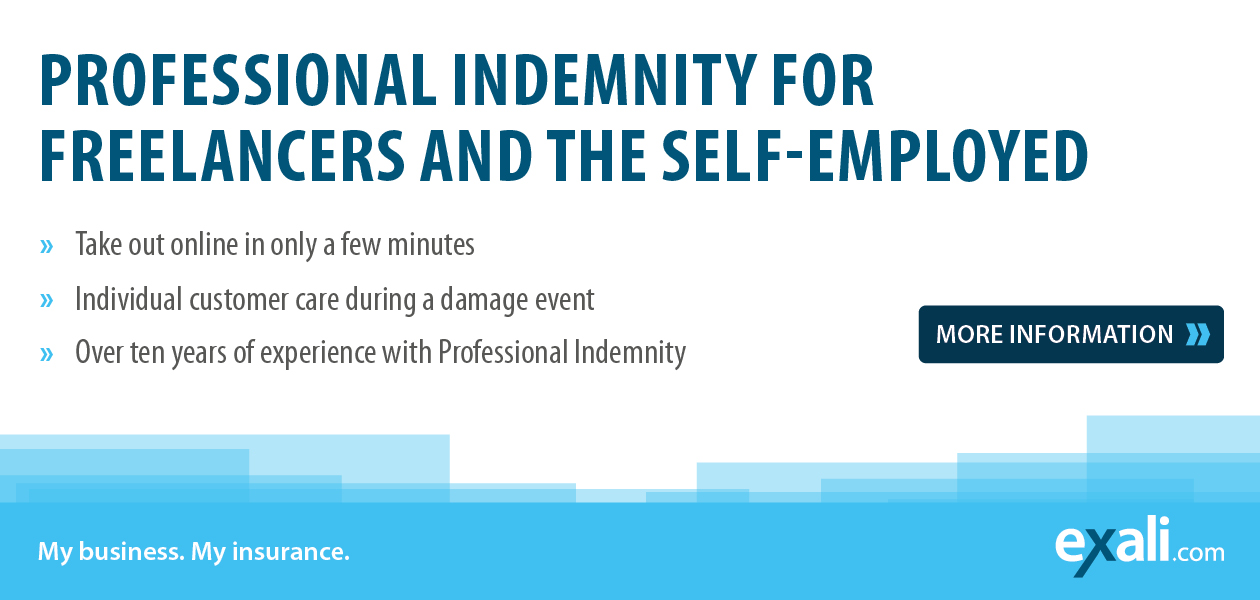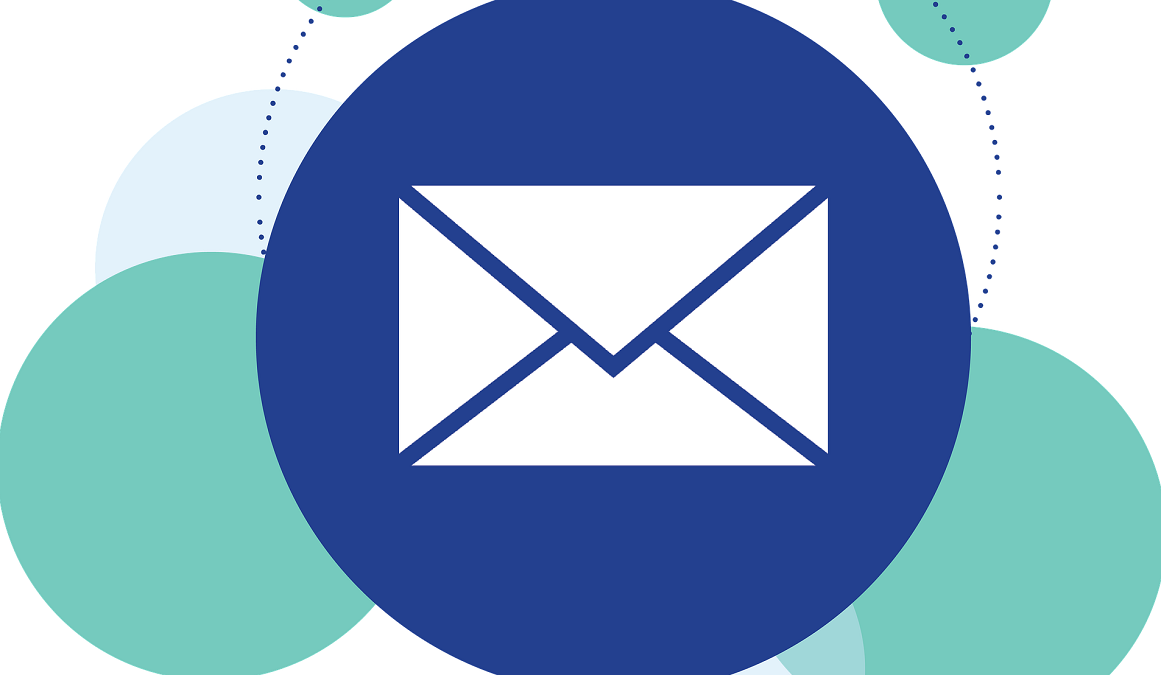Ghostwriting: Liability, Legal Situation and A Real Damage Event
What do John F. Kennedy, Michelle Obama and Prince Harry have in common? They have all commissioned ghostwriters. Ghostwriting has become widespread - not only in literature, but also in academia or music. This article shows you what you should legally be aware of as a ghostwriter, what role AI-generated texts play and why a self-publisher covered by exali is supposed to pay 2,500 euros in damages for a mistake the ghostwriter made.
Overview:
- Scientist Maja Göbel and the Ghostwriting Scandal
- Is Ghostwriting Legally Permitted?
- Is Academic Ghostwriting Permitted?
- ChatGPT and Ghostwriting
- Are Ghostwriters Prone to Liability?
- Who Is Liable for Copyright Infringement in Ghostwriting?
- Play it Safe with Professional Indemnity Insurance through exali
- Insurance for Ghostwriters and Copywriters
Scientist Maja Göbel and the Ghostwriting Scandal
A scandal that isn't one? In 2022, the scientist Maja Göbel was the target of massive criticism when it became known that she had not written her book "Unsere Welt neu denken" (Rethinking Our World), which was published in 2020, herself, but had hired the journalist Marcus Jauer as a ghostwriter. Many media outlets spoke of "reader fraud" and " dishonesty" - although it is not unusual, especially in the non-fiction sector, to hire ghostwriters. Moreover, Jauer told the newspaper "Zeit" that he explicitly did not want to be named as a ghostwriter.
Göbel is far from the first to work with ghostwriters. Former US President John F. Kennedy, for example, even won the Pulitzer Prize for his book "Profiles in Courage" published in 1957 - although it was written by his assistant at the time. The biographies of Prince Harry, former first lady Michelle Obama or model Heidi Klum were also penned by ghostwriters - even former US President Barack Obama is said to have used outside writing help for his work "A Promised Land". But is there any legal regulation at all for ghostwriting?
Is Ghostwriting Legally Permitted?
Absolutely: Yes. Ghostwriting is allowed and common in many fields. The basis for ghostwriting is a contractual agreement between the contractor (ghostwriter) and the client. From a legal point of view, this is a contract for work and services in which it is agreed which service the ghostwriter will provide and what fee they will receive for it. The agreement transfers the rights to use the ghostwriter's work (for example, a book or a song text) to the client. However, the copyright always remains with the author, because it cannot be assigned.
But what is the situation in the academic field? Is it generally permitted to have academic papers such as bachelor's, master's or doctoral theses written by ghostwriters? And what happens if the commissioned author does not work accurately and, for example, does not state sources or citations accurately?
Is Academic Ghostwriting Permitted?
Academic ghostwriting basically means that authors are commissioned to write academic papers and this too is legal at first - it becomes critical when submitting these papers. The majority of universities require written proof - for example, in the form of a signature - that the submitted work was written by the student themselves and without outside help. Students who commission ghostwriters to write their academic papers and then submit them as their own may be liable to prosecution for passing off someone else's work as their own (punishment depends on the respective state law) and may also be subject to sanctions by the universities, such as fines, expulsion or exmatriculation.
Ghostwriting as a " Source of Inspiration"
But why are there so many agencies offering ghostwriting for academic papers? In principle, the contracts between the ghostwriting agencies or writers and the clients state that the texts are only intended as a model and inspiration and may not be copied one-to-one. The work of ghostwriters should therefore only be used as a "source of inspiration" for the academic work and be used as a suggestion.
ChatGPT and Ghostwriting
AI-controlled chatbots such as ChatGPT are also becoming increasingly popular among pupils and students - though not necessarily pleasing the respective schools or universities. In the United States, the city of New York has already banned the use of chatbots in schools - in academia, opinions differ. In January 2023, it became known that ChatGPT had already been named as a co-author in four scientific papers, with the result that some renowned scientific journals, including Nature, no longer want to accept papers stating the use of chatbots.
The reason: a chatbot cannot take responsibility for the work, but this is considered a basic requirement for authorship. In other universities, teachers are already using chatbots to formulate customised examination tasks and, especially in technically oriented subjects such as engineering, are explicitly asking students to use AI language models. From a purely legal point of view however, chatbots are not ghostwriters, as they are not human authors but software.
We have summarised more on the topic of chatGPT and what consequences the use of these and other chatbots has on copyright in this article: Do AI-based texts violate copyright?
Are Ghostwriters Prone to Liability?
Can writing a scientific paper for someone else also have legal consequences for ghostwriters? Here too, what has been contractually agreed between the ghostwriter and the client applies: The written texts are only to be used as a template and inspiration and may not be copied one-to-one. Most agencies also explicitly point out to the client that the work may not be submitted to the university as their own work.
Legally, ghostwriters or agencies could only be prosecuted if they knew that the client submitted the text without making any changes, in which case they could be accused of aiding and abetting a false affirmation in lieu of an oath. However, it is almost impossible to prove this in practice.
Who Is Liable for Copyright Infringement in Ghostwriting?
But what happens if the ghostwriter is sloppy when writing the text and thus commits a copyright infringement? We have already had a case like this at exali: one of our clients, an author and self-publisher, had commissioned a ghostwriter to write a handicraft book for children. He then sold it under his own name on Amazon. After some time, he received a warning from a law firm representing a publishing house. The accusation: copyright infringement. In about 20 places, the ghostwriter had simply copied the craft instructions from another book published by that company.
The written warning was accompanied by a cease-and-desist declaration and a request to disclose the sales figures of the craft book on Amazon. The lawyer's fees for the warning amounted to around 2,000 euros, which our client was supposed to pay. In the lawyer's letter, the publishing house reserved the right to claim damages with regard to the sales figures. The self-publisher reported the case to exali and our insurance experts forwarded it to the insurer. They reviewed the written warning and paid the lawyer's fees. Since the book had not been on sale for long and only had low sales figures, the aggrieved publisher waived further payment of damages after the sales figures were disclosed.
But what about the ghostwriter who was actually responsible for the copyright infringement? Basically, in the case of copyright infringement, both parties are initially liable - i.e. both the client who distributes the work as theirs and the ghostwriter who committed the infringement. However, since the ghostwriters do not always appear by name, the injured parties will always turn first to the clients in the event of an infringement. However, the latter can then try to take recourse against the actual authors and reclaim the damages from them.
Play it Safe with Professional Indemnity Insurance through exali
In our damage event, the self-publisher (the client) was well covered by Professional Indemnity Insurance through exali. Generally speaking, if you hire copywriters or ghostwriters for content on your website, whitepapers or other publications, you are always on the safe side with Professional Indemnity Insurance - no matter what industry you work in (e.g. IT, consulting or in the creative sector). If you receive a written warning, for example because of a infringement of rights, the insurer first checks at its own expense whether the claim is justified, fends off unjustified claims and pays justified claims for damages.
Insurance for Ghostwriters and Copywriters
Are you a ghostwriter, copywriter or freelance editor? Then Professional Indemnity Insurance is also the right cover for you. Because: If you make a mistake in your texts - for example, a copyright infringement - your business is covered.

Online Editor
Daniela has been working in the areas of (online) editing, social media and online marketing since 2008. At exali, she is particularly concerned with the following topics: Risks through digital platforms and social media, cyber dangers for freelancers and IT risk coverage.
In addition to her work as an online editor at exali, she works as a freelance editor and therefore knows the challenges of self-employment from her own experience.








